










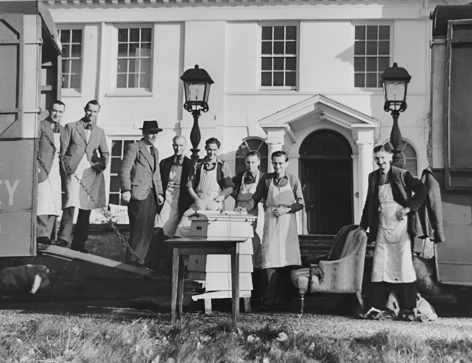
Established in 1857, Over’s are the trusted removal service. For a worry-free relocation, contact our team and start planning your move today.

On hand to help you through to your completed move.
There are no hidden costs. All our quotes include mileage.
Restricted liability is provided as standard.*
Clothes travel in style in our robe cartons.
Slot-on, padded covers protect white goods and furniture.
To offset carbon emissions we’re planting 2,000 trees.
Our trained crews are DBS checked and carry photo ID.
We use recycled/recyclable materials where possible.
Mattress bags are used once, then recycled.
Floor protection is available for both locations.**



183,200 – 2021 Census
Fulham Broadway
District Line
Heathrow
13 miles – 30 minutes
Richmond Park
4 miles – 18 minutes
Lyric Theatre
4 miles – 29 minutes
Fulham Palace
1 mile – 6 minutes
Western Riverside Recycling Facility
2.6 miles – 15 minutes
Comprehensive expert packing services, from single room, specialist items to complete home contents packing.
Short and long-term containerised storage. We'll collect from your old home and deliver to your new property.
Wardrobe cartons, boxes, packing materials, tape, paper wrap. Made from recycled and recyclable materials.
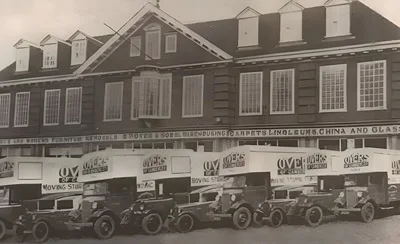
The first Neolithic people arrive in Fulham, close to the river.
Romans settle in the area. Goldhawk Road lays on the path of the original Roman road.
Bishop Waldhere acquires the manor of Fulham. Fulham Palace later became the largest and grandest estate in England.
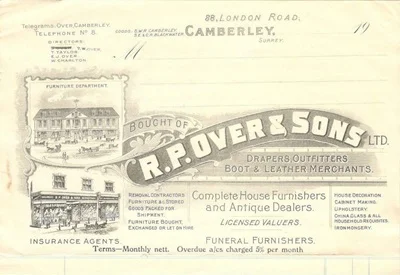
A Viking force arrives on the Thames and sets up camp. The event is marked by a Viking ship on the borough’s crest.
The first turkey to be eaten in Britain is enjoyed at a feast held by the Bishop.
Bishop Bonner uses the palace to torture protestants.
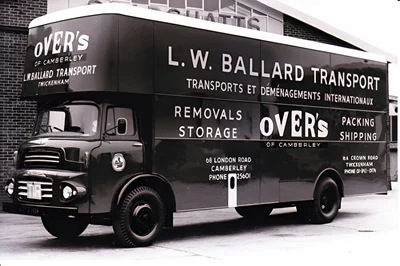
After the English Civil War the new puritan Parliament bans bishops completely.
Fulham Bridge is constructed.
JW Turner moves to the area, creating some of his most famous works.
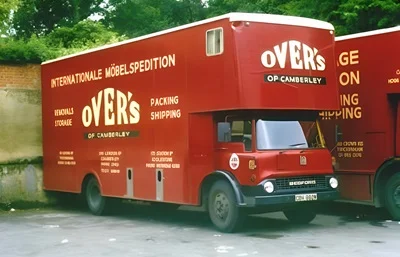
Fulham FC is founded, building a permanent ground at Craven Cottage in 1896.
Walham Green railway station opens, later renamed Fulham Broadway in 1952.
Geoffrey de Havilland builds his first aeroplane in a workshop in Bothwell Street. de Havilland aircraft go on to play a pivotal role in WWII.
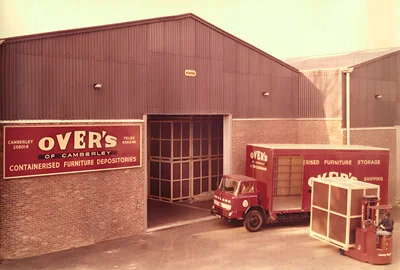
The palace and gardens are used as a hospital and to grow food during WWI.
Bishop Stopford becomes the last bishop to live at the palace.
The country’s first speed bumps are introduced on Linver Road.
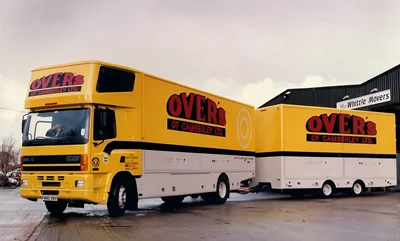
Dance Attic opens on North End Road, one of the UK’s most influential dance studios.

